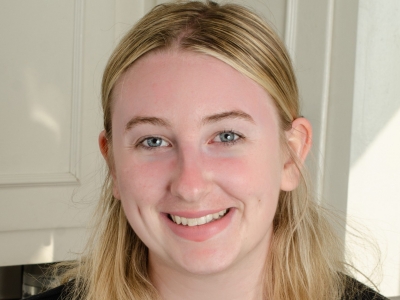Occupation: Advisor, Financial System Analysis, Reserve Bank of New Zealand.
Degree and Year:
BA Honours, Economics and Political Studies, Otago University, Dunedin, NZ (94). MA, Political Economy (95), Carleton University. PhD, Political Science, (01), Carleton University.
What’s a financial system analyst? My role involves monitoring the soundness and efficiency of the New Zealand financial system and, in particular, identifying the key threats and emerging vulnerabilities that might impact the household, business and agricultural sectors and undermine the health of the financial system.
How did you land this job?
I somewhat stumbled into it. A friend whom I studied economics with at the undergraduate level suggested I apply to the Reserve Bank of New Zealand. (I’m from there originally.) The combination of having a degree in mainstream economics and an understanding of critical political economy through my time spent at Carleton seemed to work well in this regard. I began working on the operation of monetary policy just as the global financial crisis (GFC) was unfolding.
Any perks? I’ve had the opportunity to travel extensively to conferences, seminars and courses around the world. Highlights included Seoul, South Korea and Basel, Switzerland.
How has the Political Economy degree helped you in your career? Political economy is all about critical thinking and challenging the status quo through exposure to different (heterodox) ways of looking at the world. I was lucky that someone at the Reserve Bank recognized the value of alternative frameworks, even within an organization as mainstream as a central bank.
What’s the best thing about your job? Working in an area that deals with some very important societal issues, such as how to inoculate the financial system from another financial crisis – and if this isn’t possible, how to minimize the damage to the economy and individuals the next time one occurs.
What’s the hardest thing about your job? Sitting through presentations that assume individuals are rational and forward-looking, and hence have a naïve view of human behavior. Plus, all of this is explained in line after line of algebra!
One sentence to describe your strategy to success. Be adaptable.
Friday, September 9, 2016 in Career Paths, Department of Economics, Department of Political Science, FPA Voices
Share: Twitter, Facebook



